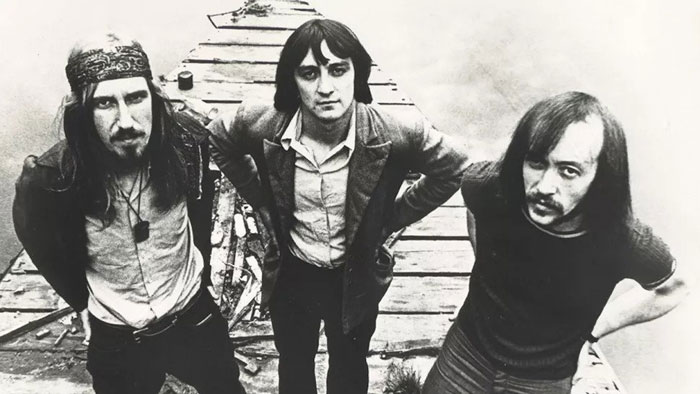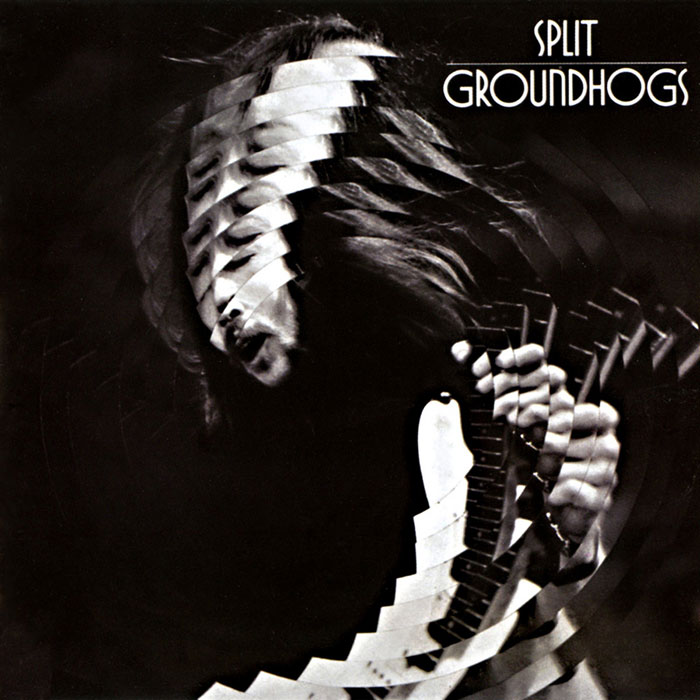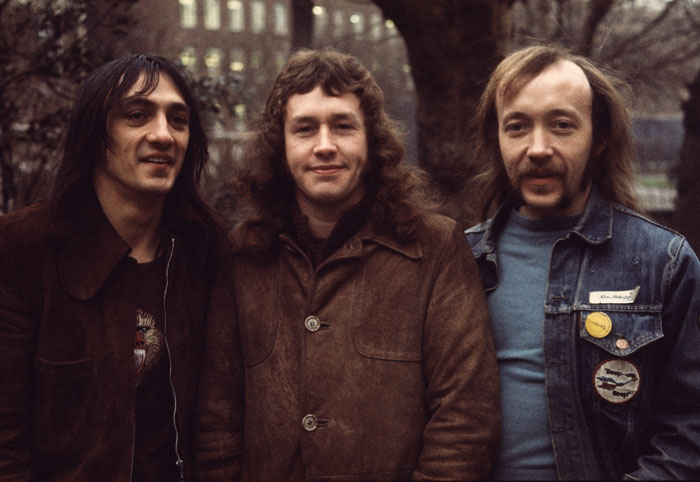In A World Where Confusion Reigns: Farewell To Tony McPhee (1944 – 2023)
Some unfortunate news hit on June the 6th of this year. Tony McPhee, British guitarist and founder of The Groundhogs, had passed away at the age 79 after a long period of health difficulties. This is sadly the inevitable reality that we have to face, that so many musicians from rock’s golden years are now facing their own autumn years. But who was Tony McPhee? Simply put, he was not nearly as well-known as many of his contemporaries. But much of his music inadvertently helped lay the foundations for what could later be described as grunge, alternative rock, punk, noise and of course, stoner and doom metal.

I didn’t discover The Groundhogs early on in life, but actually within the last twenty years thanks to YouTube and the internet at large. Their name had floated around from time to time. Original Pentagram drummer Geof O’Keefe had cited them as one of the band’s early influences. Legendary grunge pioneer and producer Jack Endino had been seen sporting a The Groundhogs t-shirt.
I had to hear what these guys sounded like, so I purchased a rather nondescript-looking 1971 album by the name of Split which had been reissued in 2003 by Liberty/EMI Records. From the first track onward, I was blown away. This was NOT your grandfather’s British blues rock. This was something vastly different. Avant-garde yet not unlistenable. Brutishly dissonant while also being melodically graceful. Progressive without being wanky. What the hell was this???

I loved it. The first four tracks were all called Split and seemed to detail a narrative of a person struggling with insomnia before succumbing to a reality-questioning fever dream. Split 1 threw in a great heavy bridge riff in between decidedly gentle chorus parts. Split 3 opened with a cacophonous noise rock attack that sounds like something Steve Albini would record decades later. Cherry Red was a firebrand rocker that would later be covered by San Diego psych-masters Earthless. And things got even weirder as the album progressed!
I was struck by the guitar work. McPhee’s playing was so… talkative. It was less like standard blues rock fare and much more like a voice in and of itself, singing its own narrative counter to his own vocals. Deftly walking between lead and rhythm in a wholly distinctive form of phrasing. It seemed to cover so much ground, seemingly so familiar yet far beyond the times. How come no one spoke of this proto-stoner rock opus before? Don’t get me wrong. I love the meat n’ potatoes British blues of the likes of Peter Green-era Fleetwood Mac and Free, but by comparison The Groundhogs just made those bands seem somewhat dated.

McPhee was in fact part of the same blues scene that produced the likes of John Mayall, Eric Clapton, Jimmy Page and the late Jeff Beck. Young English lads who were head over heels for black musicians from the American South and Chicago. Initially inspired by Chuck Berry, he went on to form a band initially named The Dollar Bills, later renamed The Groundhogs after John Lee Hooker’s Ground Hog Blues. Astonishingly, McPhee and his mates were selected by John Mayall to be Hooker’s own backing band during his 1964 UK tour. Hooker liked The Groundhogs so much he asked to tour with them again the following year, recorded the album ….And Seven Nights with them and referred to them as ‘the number one British blues band’. That was no small praise.
McPhee went on to work with Jimmy Page, Eric Clapton, Jimmy Reed and Jack Dupree (his nickname during this time was T.S., which stood for ‘Tough Shit’). The original line-up of the band broke up. Following a shift in the musical winds of change, McPhee reformed the band with bassist Pete Cruikshank and drummer Ken Pustelnick. Albums such as Thank Christ For The Bomb and Who Will Save the World? showcased a highly unique and cryptic take on acid-drenched hard rock with an artistic edge and an undercurrent of dark humor.

McPhee also experimented with early guitar synthesizers and ring modulators that would later prove influential to prog, post-punk and new wave. Additionally, he produced the majority of his work, showing clear skill as an engineer. The ‘hogs were well-liked by their peers and earned a spot touring with the The Rolling Stones but they never quite broke out internationally. McPhee said he felt the band had promise, but perhaps their audience was from a future time. He continued to work with different line-ups of the band as well as his own solo career.
Sadly, McPhee suffered a stroke in 2009 which affected both his speech and his playing ability. Further tragedy struck when he fell down in 2022 which continued to negatively impact his health until his untimely passing. McPhee might not be the household name as many of his better-known peers, but I firmly believe his work stands the test of time. If you love searing guitar work, quirky English lyricisms, bluesy roots and an undeniable desire for experimentation, I hope you will take the time to check out his music.
Rest In Peace Tony!
Scribed by: Rob Walsh



